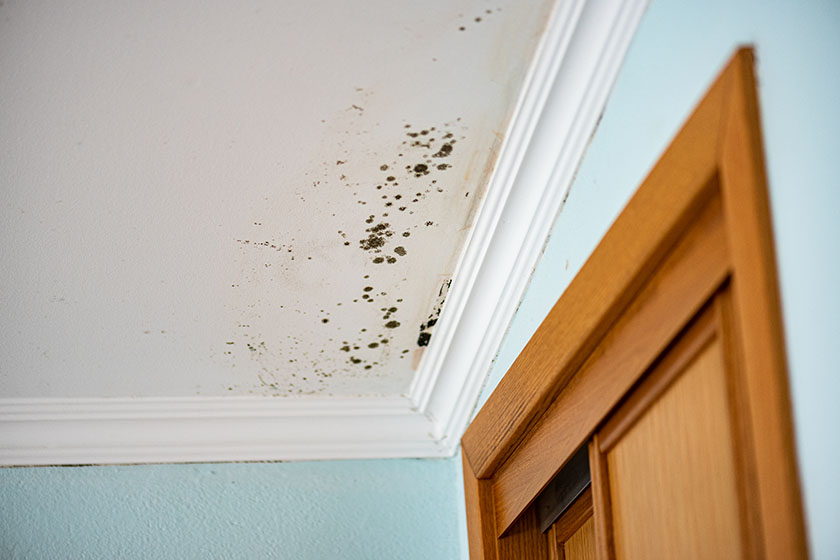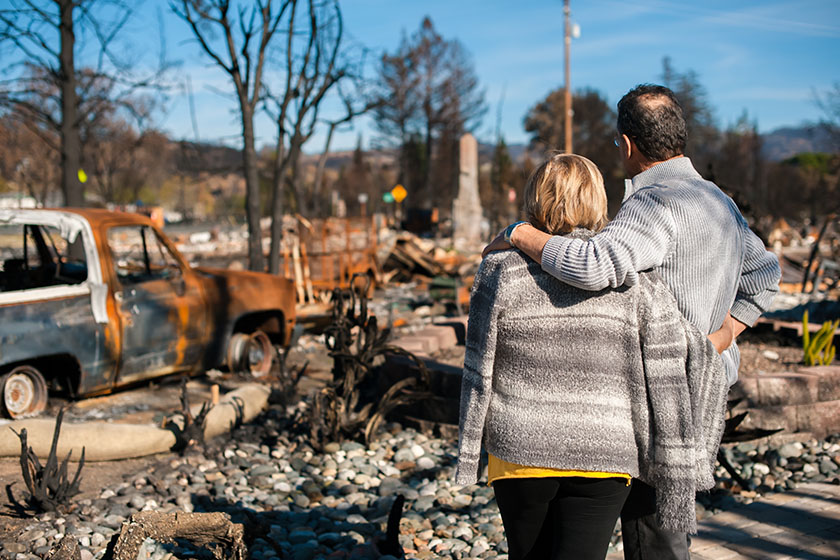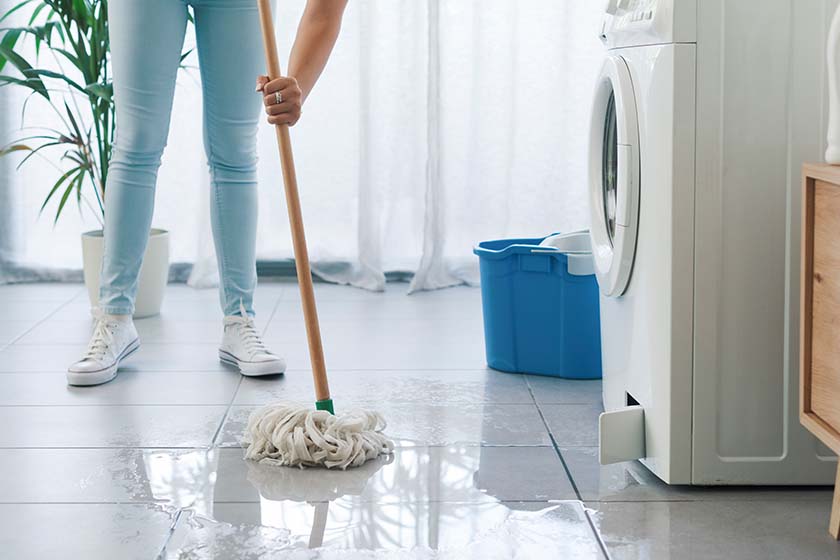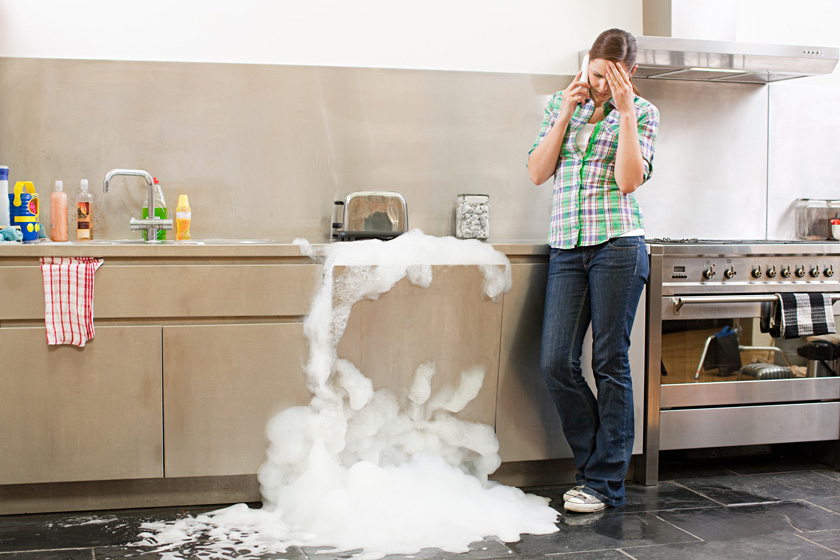Summer is giving way to early autumn, but we’re a long way from the snow and ice of January. Still, the average November low temperature in November is 25 degrees Fahrenheit. Take advantage of the remaining balmy weather to take a few precautions that could save you costly headaches this winter: frozen, broken pipes.
Freezing water expands
When water freezes, it expands with incredible force. Structures that hold freezing water can fracture, then leak when the water melts. This can happen to pipes exposed to harsh winter temperatures, resulting in costly water damage to your property.
Pipes that run along exterior walls with little or no insulation, those in unheated crawl spaces, attics, basements and garages, sprinkler, and swimming pool water lines are among those most likely to freeze. The good news is that there are techniques and products that can help you minimize the chances these pipes will freeze and rupture.
Work from outside, in
Get your property ready for freezing winter temperatures starting with exterior water lines. Drain sprinkler systems, jacuzzis, and swimming pool lines. Drain and store water hoses and cover outside faucets with insulating material or commercially available covers. Insulate water lines to outbuildings and utility rooms with little or no insulation.
Next, check unheated crawl spaces, attics, basements, and garages for water lines. Consider using commercially available pipe sleeves, insulated tape, or other products designed to protect pipes from freezing. Even newspaper is better than nothing and can help prevent the freezing of pipes that don’t have prolonged exposure to extreme freezing temperatures.
When freezing temperatures threaten
When the weather report calls for prolonged extreme freezing temperatures, take a few precautions to help prevent frozen, broken pipes. Let faucets drip throughout the house and open kitchen and bathroom cabinets to let warm air circulate around water lines (removing hazardous products that children and pets could find).
Make sure garage doors and other exterior doors are closed. Consider leaving your thermostat a few degrees higher overnight, when temperatures plummet.
What to do if your pipes freeze anyway
Be alert to the possibility of frozen pipes, regardless of all your precautions. Detecting frozen pipes that could be broken early can minimize resulting water damage. A sharp drop in water pressure could signal a frozen or broken pipe. Investigate immediately.
If you find pipes that are frozen but not broken, leave the faucet on and warm them with towels soaked in hot water, hair dryers, space heaters or similar devices. Do not heat pipes with blow torches or other open flames.
Of course, nature is determined, so sometimes pipes freeze and break despite our best efforts. If that happens, call a water damage specialist.









